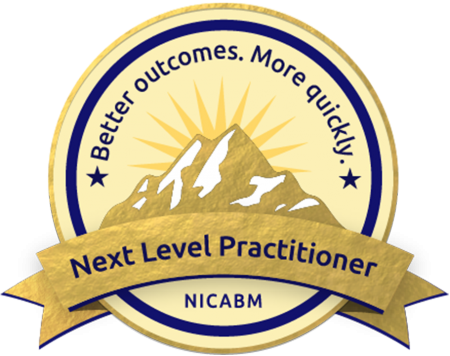Stephen Porges PhD
Biography
Week 95 – Why We Need to Understand the Neurobiology of Depression
Week 104 – How to Help Clients Develop a Healthier Relationship with Their Inner Critic
Week 111 – How to Build a Solid Foundation in a First Session
Week 122 – Building Connections to Lessen a Client’s Tendency to Blame
Week 136 – Working with Abandonment in a Client’s Closest Relationships
Week 146 – Key Skills for Clients Who Struggle with Avoidance
Week 155 – Helping Clients Gain More Insight into the Context of Their Self-Narrative
Week 162 – How Impostor Syndrome Can Affect the Practitioner
Week 163 – Working with the Key Factors That Fuel a Fear of Rejection
Week 171 – Why Relationships Can Be Crucial in Working with Emptiness
Week 182 – Strategies for Helping Clients Regulate Their Emotions
Week 195 – Loneliness That Stems from Attachment Failure and Trauma
Week 212 – The Connection between Trauma, Safety, and Please and Appease
Week 219 – Working with Rigidity at the Nervous System Level
Week 229 – Working with Despair Through a Physiological and Neurobiological Lens
Week 233 – Working with the Sociocultural Factors That Can Amplify Despair
Week 247 – What Fosters Narcissism and Grandiosity, and How Do They Impact Our Clients?
Week 250 – Treatment Approaches for Working with Narcissism and Grandiosity – Part 2
Week 255 – Practical Strategies to Help You Work with the Link Between Shame and the Shadow Side
Week 263-Strategies to Address Feelings of Unworthiness That Feed Imposter Syndrome
Week 267 – Helping Clients Understand the Body’s Response to Never Fitting In
Week 274 – Helping Clients Understand the Body’s Response to Conflict
Week 278 — When a Client’s Need for Control Frustrates the Therapeutic Relationship
Week 282 – Helping Clients Understand How the Brain Responds to Overwhelming Events
Week 291 – Working with Clients Whose Inability to Change Is Linked to Trauma

